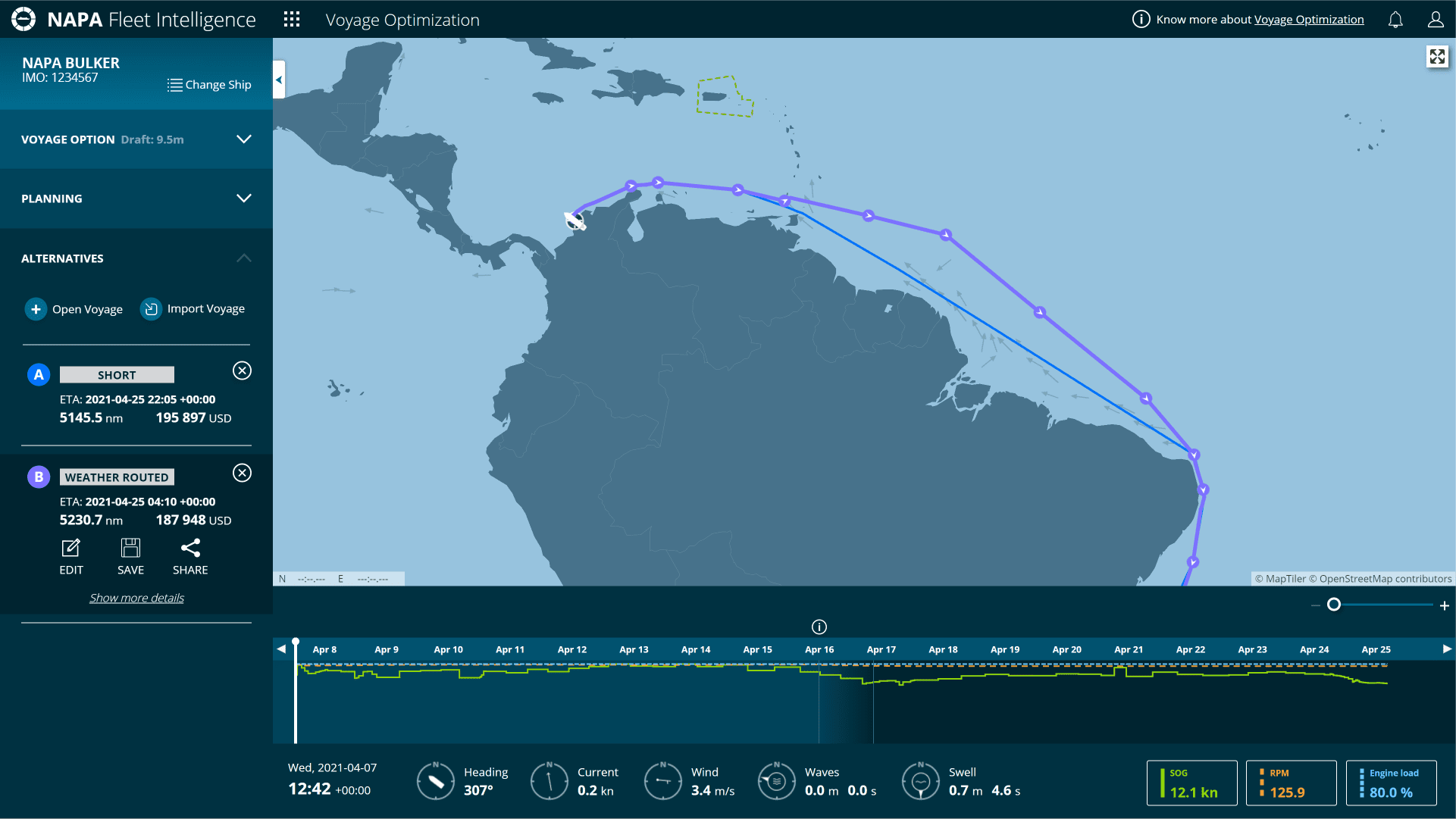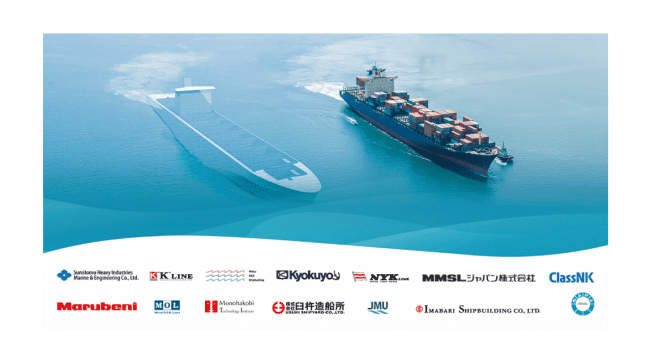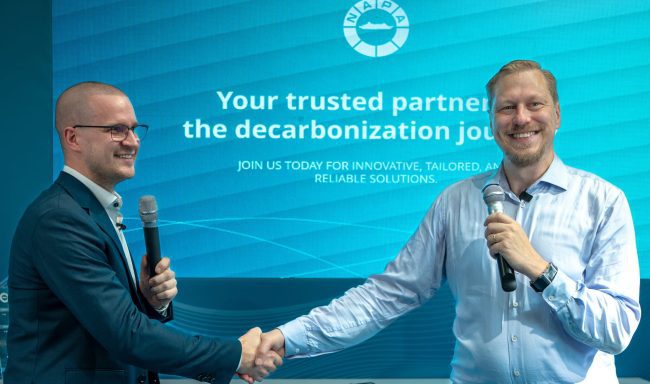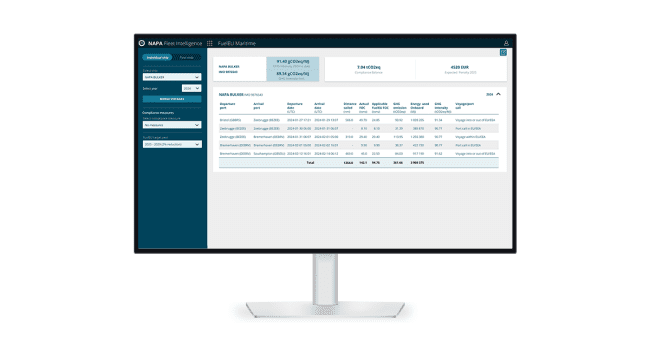NAPA joins Finnish Clean Propulsion Technologies consortium to accelerate development of low-carbon solutions in shipping
The consortium brings together leading academic bodies and industry experts to bolster Finland’s leadership in developing low-carbon technologies for shipping and off-road transport
Helsinki, Finland – 8 April 2021 NAPA, the leading maritime software, services and data analysis provider has announced its participation in the Clean Propulsion Technologies project (CPT), a consortium led by the University of Vaasa that aims to develop radically new low-carbon solutions across global transport sectors. NAPA will apply its technical expertise to further enable methods to model and optimize total energy consumption on the two-year project.
Funded by Business Finland, which has pledged €7.9 million to support the consortium, the project aims to cement Finland’s position as a global technology leader through bringing economically viable low carbon technologies from the research phase to real-world application in line with global environmental regulation.
NAPA will apply its unrivaled expertise and data-driven voyage optimization solutions, NAPA Fleet Intelligence and NAPA Performance models, to develop methods to model and optimize total energy consumption on the project. The company will specifically draw on its ‘Optimization of Total Energy Consumption Onboard (OTECO)’ initiative, which takes a holistic approach to energy optimization, to incorporate the novel propulsion energy arrangements developed in the CPT project.
NAPA will develop virtual models in collaboration with the consortium partners to improve the modeling of non-conventional propulsion unit arrangements and the inclusion of important onboard energy consumers. These will include vessel components such as hotel load for cruise vessels and cargo warming and cooling for LNG carriers and other merchant vessels. By enabling the global usage of proper tools for virtual modeling and making them available for all stakeholders, it estimates that shipping efficiency can be improved by approximately 10-20%.
Teemu Manderbacka, Lead R&D Engineer, NAPA Shipping Solutions, said: “At NAPA, we have a wealth of unique insights into the overall impact of novel clean technologies on shipping’s emission and trade flow in a defined area or route per different ship type. This expertise and knowledge, coupled with NAPA Fleet Intelligence voyage data and NAPA Performance models, will enable us to help support the aims of the CPT project and further decarbonize the shipping industry. The cooperation with the consortium helps us by bringing together companies and universities with mutually complementary technology expertise on cleaner shipping. NAPA contributes to the consortium by providing insights on overall ship technical and operational performance globally.”
The CPT consortium consists of six research organizations (University of Vaasa, Aalto University, Tampere University, Åbo Akademi University, VTT Technical Research Centre of Finland and Lappeenranta-Lahti University of Technology LUT) and nine companies (Wärtsilä Finland, AGCO Power, Meyer Turku, NAPA, Dinex Finland, Proventia, Geyser Batteries, Bosch Rexroth and APUGenius). The total project volume is approximately 15 million euros, out of which €7.9 M is provided as Business Finland support. The rest is funded by the consortium’s members.

NAPA Voyage Optimization applies energy consumption modeling for ship weather routing. Further research aims to develop methods to model and optimize total energy consumption.
About NAPA
In its over 30 years of operation, NAPA has become a global leader in developing and scaling software, services and data analysis for a safer, smarter, and more sustainable maritime industry.
NAPA operates globally, with 190 employees in ten countries in Europe, Asia and the Americas. To date, NAPA has 420 user organizations for its design solutions, nearly 3,000 installations onboard vessels and a growing number of subscribers for its cloud-based fleet services.
For more information, visit www.napa.fi
Media enquiries
Georgia Bailey
BLUE Communications
T: +44 1865 514 214
E: Georgia.Bailey@Blue-Comms.com
Further information
Teemu Manderbacka, Lead R&D Engineer, NAPA
CPT consortium's joint press release published on 7 April 2021


